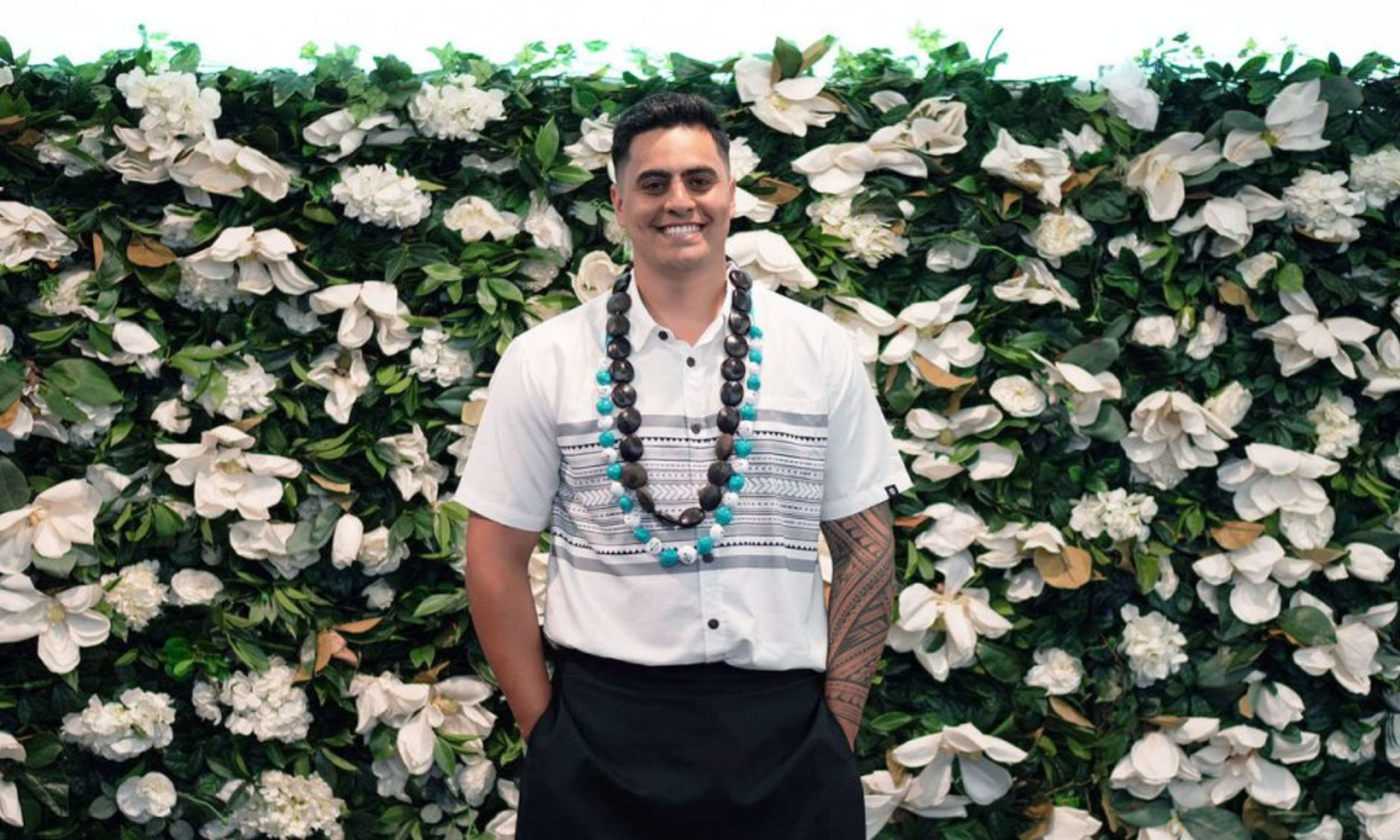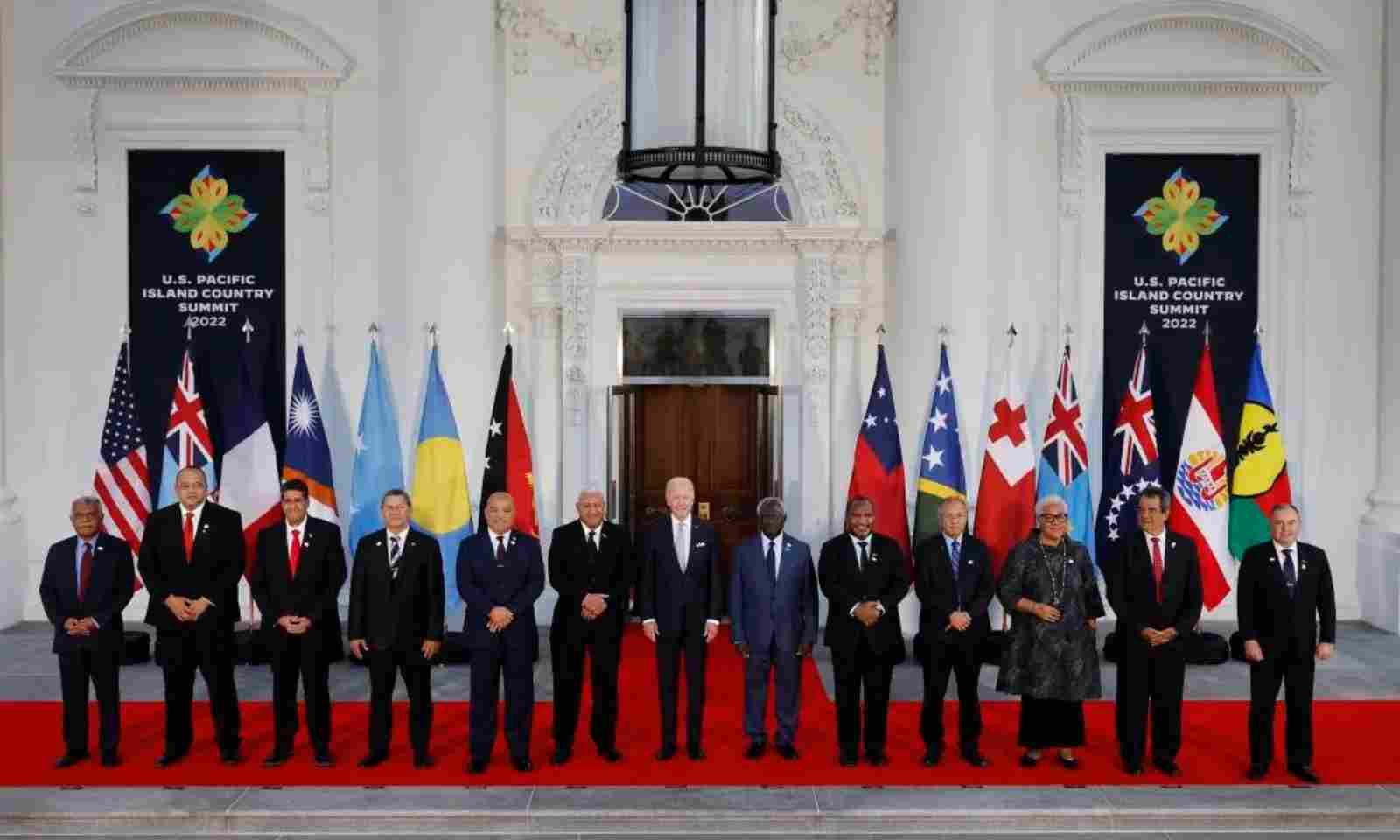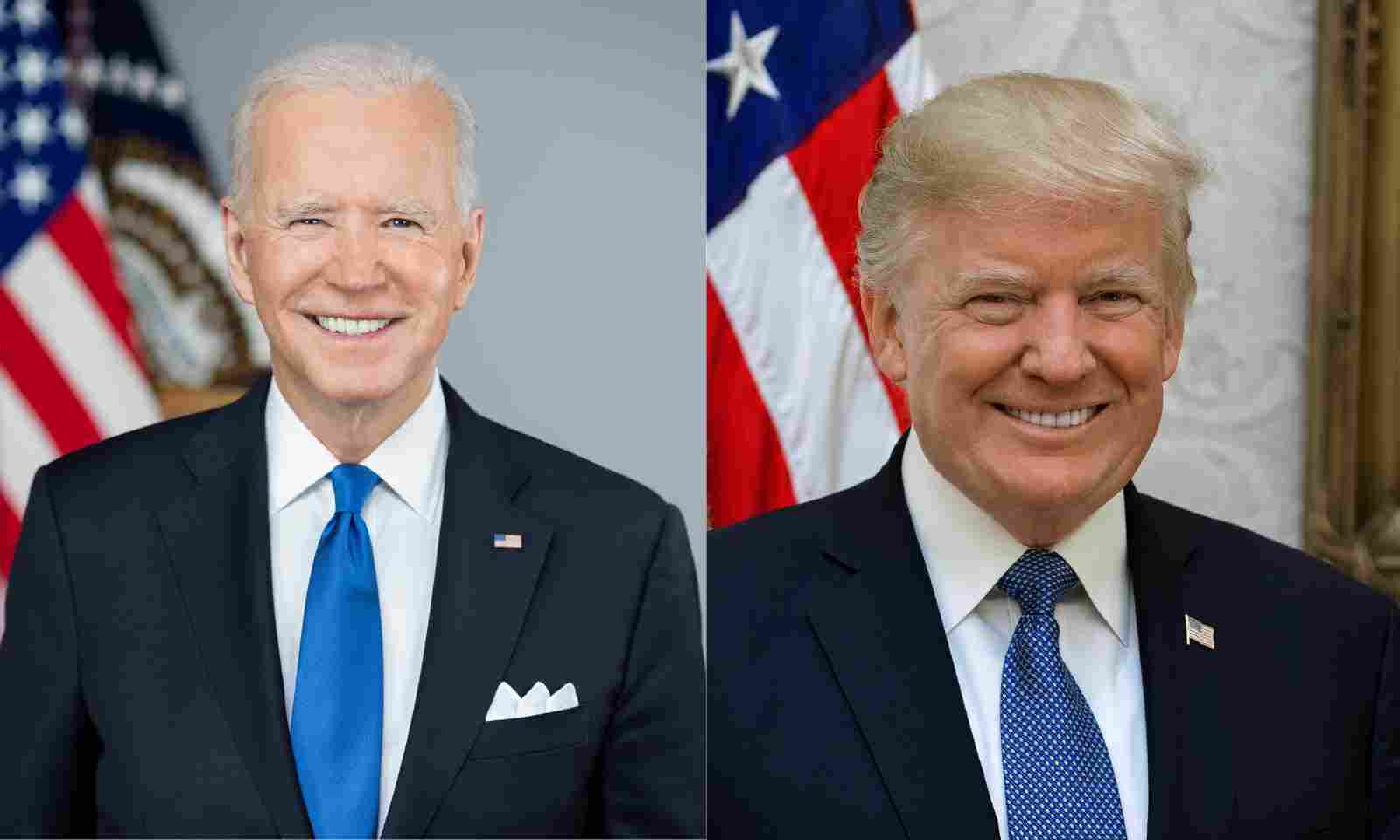

Former Prime Minister Jacinda Ardern and the Democrats' presidential nominee Kamala Harris. Ardern is attending the DNC in Chicago this week.
Photo/US State Department
US Election: What of the Pacific if Democrats win?
The Democratic National Convention is underway in Chicago and former New Zealand Prime Minister Jacinda Ardern is happy to be there.



Top 10 Pacific Island songs you need on your summer playlist in 2025


Pacific sports wrap: 2025’s massive highs, lows and historic firsts


Excellence and possibility: Meet the new face of Pacific medicine in Aotearoa

Top 10 Pacific Island songs you need on your summer playlist in 2025


Pacific sports wrap: 2025’s massive highs, lows and historic firsts
Now that US Vice President Kamala Harris has secured the Democratic presidential nomination, she has a hectic few months ahead of her.
But what does this mean for the Pacific island nations?
International relations expert Tim Fadgen says while many Americans are not familiar with Harris, she has injected hope, energy and momentum into the presidential race, delivering for the sheer mass of voters who wanted anyone but Joe Biden or Donald Trump as the new "leader of the free world".
Fadgen told Pacific Mornings' William Terite that the Democratic Party has more vision for Pasifika people than the Republicans who have yet to release their mandate on foreign policy, including the Pacific.
Watch Tim Fadgen's full interview below.
President Biden has defended his record in the Oval Office, saying, “America, I Gave My Best to You”.
Addressing the Democratic convention in Chicago on Tuesday (New Zealand time), the American leader also made the case that Harris is the best person to carry on his legacy in the White House.
The DNC - held every four years - is underway at the United Center in the Illinois State capital.
Three months out of the election, the convention is when party leaders, candidates, and supporters meet to discuss and announce their mandate for the November vote.
Biden will officially endorse Harris on Friday. Her nomination comes as no surprise following Biden’s decision not to seek re-election after months of pressure to step down due to health concerns.
Running alongside Harris is Tim Walz, the governor of Minnesota, who has lowered the cost of insulin in his state and remained firm on abortion rights for women, making him a popular running mate for the Democrats.
Fadgen said the Harris-Walz team are hoping to change the politics of anger among Americans as the pair chart a happier way forward for the United States.
“If you look at the Republican platform in the Project 2025 document that was put out several weeks ago…If you search through that for an understanding of how a Republican administration and government would approach the Pacific, you don't find very much in the way of detail.”

Kamala Harris and her running mate Tim Walz. Photo/DNC
But Fadgen adds that both parties have plans to address China's growing interests in the Pacific region.
“(The Republican Party) is primarily oriented on isolating China and confronting China.
“If you look at the Democratic Party platform, you'd find a slightly different picture.
“Now, strategically in the Pacific, a lot of attention is paid similarly to isolating China and thinking about the larger Pacific in that sort of mission.”
The Democrats intend to deal with climate issues in US Pacific territories like Hawai’i, Fadgen says.
“But it also speaks a lot about climate change and it speaks specifically about Pacific Islanders throughout the Pacific, particularly of course with a focus on those US territories and Hawai’i and thinking about the threat to the ‘traditional way’ of life that climate change poses.”
If Harris wins, a more comprehensive plan for the Pacific will be made, Fadgen says.
“So, I would expect with the Democratic regime, if they were to win, there would be a much more deliberate and thoughtful approach to these issues that affect the Pacific more directly.”
Former New Zealand Prime Minister Jacinda Ardern told a meeting of Democrats on the sidelines of the convention that people were seeking a new kind of politics.

President Joe Biden and Pacific Islands Forum leaders in Washington in September 2023. Photo/file
Ardern said it was "a real privilege" to be able to witness the event. "I do think if you look around the world, there is a call from voters to see that positivity from politicians to try and reduce that sense of division."
With many recognising several parallels between Ardern and Harris, Ardern is still popular with those who are in the know regarding Democratic politics, says Fadgen says.
“I think Ardern's presence at this convention and participating in a side talk is symbolic in that way to many who are watching.
“Ardern maintains a high level of popularity amongst many people, sort of active and knowledgeable within Democratic politics anyways in America.”
The presidential race is still too close to call, with the latest New York Times election poll placing Kamala Harris at 49 per cent and Donald Trump at 47 per cent, but Fadgen says he believes Harris Kamala can win.
If she does win, Harris will become the first female and the first coloured woman president of the United States.
“She could pull it off,” Fadgen says.
“One of the most remarkable trends over the last few weeks is how the race has tightened, even if to those critical eyes watching the campaign, it's returning to where it was maybe six months ago before all of the concerns grew with President Biden.”
The Democratic National Convention ends on Friday, NZ time.
The US Presidential election will be held on 5 November.

President Joe Biden and Republican candidate Donald Trump. Photo/White House